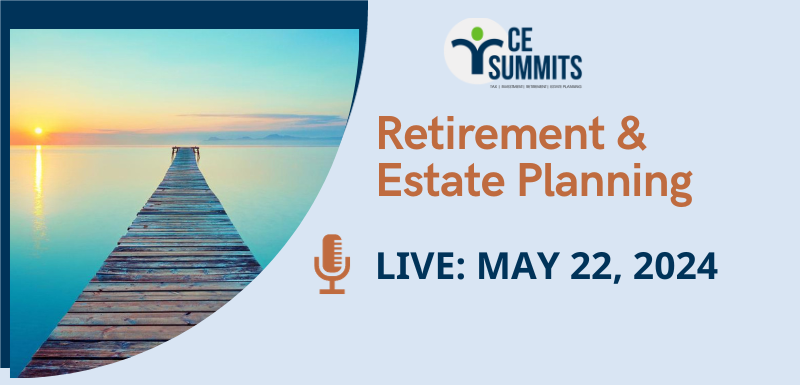Last updated: March 07 2024
3 Leap Year Budgets: AB, NU and NS

Vince Crosby
February 29 was the date that compelled three provinces to release their 2024 provincial budgets: Nunavut, Alberta and Nova Scotia. Here are the tax highlights:
Nunavut. There were no new tax measures introduced by the territory of Nunavut in the 2024-2025 budget. However, there were new sin taxes. Effective July 1, 2024. The CRA will begin collecting Nunavut tax on vaping products sold in the territory. This rate has been set at $1 per 2ml of product (as well as $1 per 10ml after the first 10ml). In addition, a new liquor tax will be put into effect as of budget date; a legacy provision from the Spring 2023 budget.
Alberta. A new personal income tax bracket will be introduced in Alberta over the next two years: 8% on the first $60,000 of income; then a 9% bracket for income up to $60,000 in 2026, then reduce this to 8% in 2027. This is contingent on Alberta maintaining fiscal capacity and balanced budgets.
- Tax Bracket Thresholds and Credit Amounts. For 2024, bracket thresholds and credit amounts will be indexed by 4.2%.
- Alberta is Calling Attraction Bonus. Effective April 2024, this initiative provides a one time bonus of $5,000 to individuals in eligible occupations who move to Alberta after April 2024. Eligibility requirements include working full time in specified occupations, filing their 2024 taxes in Alberta, and living in the province for a minimum of 12 months.
- Education Property Tax. Education property tax rates will be frozen for 2024 and 2025. These rates are $2.56/$1,000 for residential/farmland property and $3.76/$1,000 for
 non-residential property.
non-residential property. - Tourism Levy on Short Term Rentals. Effective October 1, 2024. Online brokers (such as Airbnb, Vrbo, Expedia) are required to collect and remit tourism levy on short term rentals on or after October 1, 2024. This was first introduced in Budget 2022.
- Land Titles Registration Levy. Planned for Spring 2024. Existing variable land title registration levy will be replaced with a rate set at $5.00 per $5,000 of the value of property transfers and mortgage registrations. This is an increase from $2.00 per $5,000 of property value AND $1.50 per $5,000 of mortgage value (plus a base $50 fee).
- Electric Vehicle Tax. Effective (planned) January 1, 2025. A new $200 EV tax will be applied to electric vehicles during registration. This tax will not apply to hybrid vehicles.
- Fuel Tax Relief Program. Effective April 2024. The tax was partially re-instated in January and will be fully implemented for future quarters, based on the average WTI (West Texas Intermediate) price.
- Vaping Tax. Effective January 1, 2025. Alberta will subject vaping substances to a provincial tax at the same rates as the federal tax. This will be administered federally.
- Tobacco Tax. Effective March 1, 2024. Tax on cigarettes and smokeless tobacco will increase to be comparable to other provinces. This includes an increase by 2.5 to 30 cents per cigarette and 7.5 to 35cents per gram of smokeless tobacco.
Nova Scotia. Effective January 1, 2025. Nova Scotia will implement indexation to the provincial personal income tax system, subject to annual adjustment. The following non-refundable tax credits will also be indexed:
- Basic personal amount
- Spouse or common-law partner amount
- Amount for an eligible dependant
- Age amount
- Amount for inform dependants age 18 or older
More Opportunity for Skilled Trades and Occupations Tax Refund (MOST). First implemented in 2022, this program has been expanded (for the 2023 taxation year), to include nurses under the age of 30, working in an eligible nursing position and a valid license. This program provides a refund of personal income tax on the first $50,000 of earned income. Prior to 2023, this included individuals (under the age of 30), employed in eligible skilled trades and film occupations.
Purpose-built Rental Housing Rebate. Between September 14, 2023 and December 31, 2030. This program works in conjunction with the federal government and will rebate the provincial portion of HST applicable to purpose-built rental housing projects. These projects must start construction between September 14, 2023 and December 31, 2030 and be completed no later than December 31, 2035.
